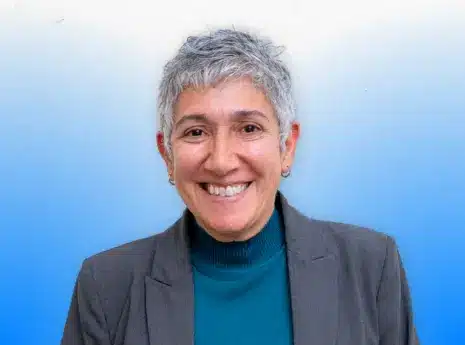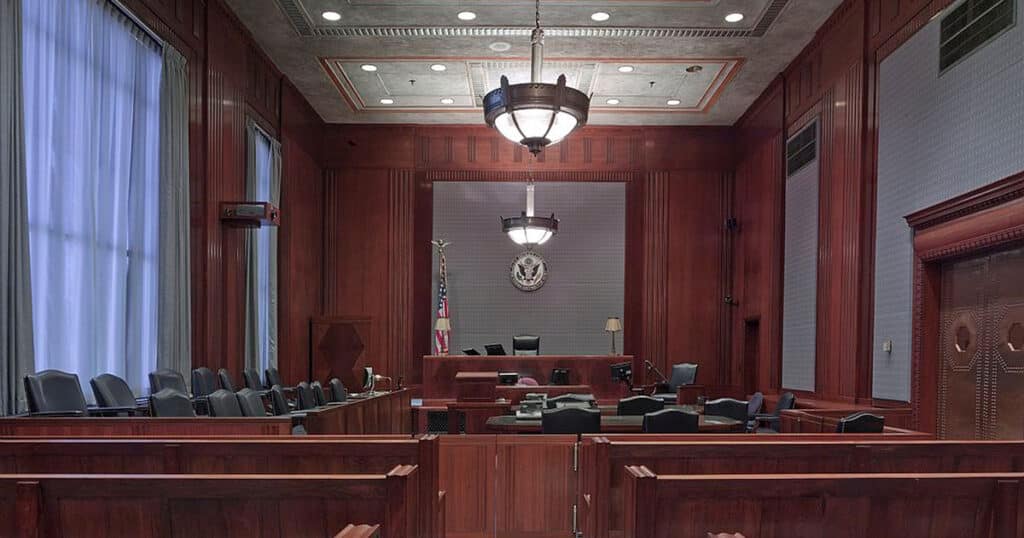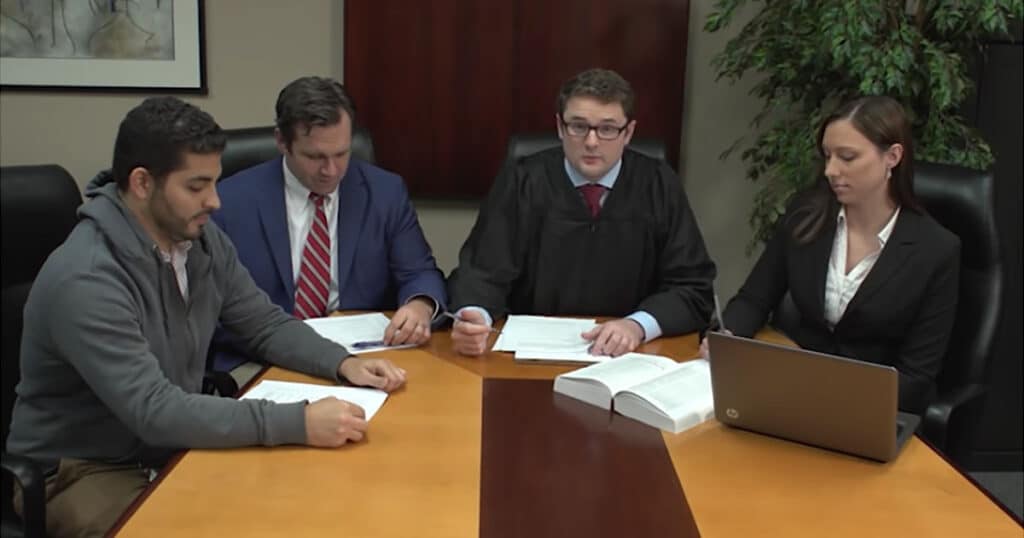Post Hearing Review – What Happens After Your Disability Hearing
Home » The Hearing » Post Hearing Review – What Happens After Your Disability Hearing
After waiting months or years for a disability claim to finally be heard by an Administrative Law Judge (ALJ), the last thing anyone wants to do is wait even more. So why DO people have to wait? It’s because after a hearing, the case moves into “post-hearing review.”
The Post-Hearing Review
It is uncommon for an ALJ to inform the claimant that they have won their case on the day of the hearing. In most cases, the ALJ will end the meeting portion of the hearing, and the claim will enter a period called “post-hearing review.”
During post-hearing review, the ALJ will consider:
- all the evidence that had been submitted prior to the hearing
- the testimony from the claimant
- the arguments made by the claimant’s advocate
- testimony from other witnesses at the hearing.
The ALJ might also take additional steps to more fully develop the claim. This might include asking for more medical evidence. It might include sending the claimant for a physical or mental examination with a doctor paid for by Social Security.
This post-hearing period will also give the advocate the opportunity to make additional legal arguments. These arguments may be based on any new evidence or testimony offered at the disability hearing. These new arguments may give the claimant a stronger case.
All of this allows the ALJ the ability to make the most appropriate decision.
So How Long Do You Have To Wait? How Long is Post-Hearing Review?
How long the post-hearing review period lasts will vary. Typically within a few months a claimant will receive the ALJ’s decision in the mail. There are three potential ALJ decisions:
- Fully Favorable Decision
- Partially Favorable Decision
- Unfavorable Decision
A “fully favorable decision” means that the ALJ has agreed that the claimant is disabled as of the beginning of the disability (called the “onset date”) stated on their application. This means the claimant is entitled to disability benefits going forward. It also means the claimant will also get the amount of back-due benefits based on the “onset date” in their application and based on other factors, like the application date.
In a “partially favorable decision” the ALJ has agreed that the claimant is disabled. But, the ALJ has decided that the medical evidence supports a later “onset date” for the disability than what was indicated by the claimant. The claimant will be entitled to ongoing monthly benefits as normal. But because the ALJ determined that the “onset date” was later than the date suggested by the claimant, the back-due benefit amount will be reduced. Occasionally, a Partially Favorable decision states that the claimant will only get a “closed period” of benefits instead of ongoing benefits.
An “unfavorable decision” means the ALJ found that the claimant is not entitled to disability benefits.
The Official Notifications Will Take A Few More Weeks
As noted above, it usually takes a few months to get a decision from the Social Security Administration. Within a few weeks of sending a fully favorable or partially favorable decision, Social Security will send another letter called a “Notice of Award.”
This “Notice of Award” letter explains:
- how much the claimant will be receiving in back due benefits
- how much the claimant will be receiving in monthly benefits
- when their first payment should arrive
- and it will also detail the amount of the advocate’s fee, if any.
If a claimant receives an unfavorable decision, they have the right to appeal the decision to the the Appeals Council. Requests for appeal must be made in writing, typically within 60 days of the date of the ALJ decision.
It can sometimes make more sense for the claimant to restart the application process from scratch rather than appeal. Claimants are strongly encouraged to talk to an experienced Disability Advocate before making this decision. Most appeals can take a year or more, and many are denied. However, a Disability Advocate can help a claimant decide which course of action has a better chance of success.
More Important Information about The Application Process

Linda Cosme formerly served as a Member of the Appeals Council (AC) for the Social Security Administration (SSA), and Program Expert for the Social Security Administration and Disability Quality Branch (DQB). Ms. Cosme also served as a Quality Assurance (QA) Reviewer, Initial Disability Examiner, Reconsideration Disability Examiner, and Continuing Disability Examiner (CDR) for the Disability Determination Services (DDS). She is admitted to practice law in Arizona, Georgia, and the United States Ninth Circuit Court of Appeals.
It is easy to get started.
It is easy to get started. No upfront costs – You only pay if we win!
Oops! We could not locate your form.








